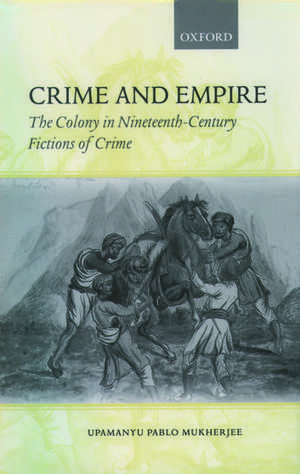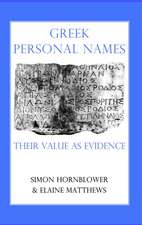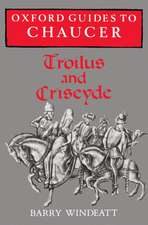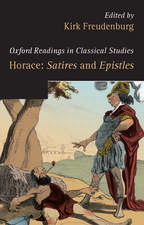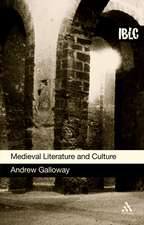Crime and Empire: The Colony in Nineteenth-Century Fictions of Crime
Autor Upamanyu Pablo Mukherjeeen Limba Engleză Hardback – 8 oct 2003
Preț: 742.75 lei
Preț vechi: 1069.47 lei
-31% Nou
Puncte Express: 1114
Preț estimativ în valută:
142.12€ • 148.40$ • 117.36£
142.12€ • 148.40$ • 117.36£
Carte tipărită la comandă
Livrare economică 04-10 aprilie
Preluare comenzi: 021 569.72.76
Specificații
ISBN-13: 9780199261055
ISBN-10: 0199261059
Pagini: 218
Dimensiuni: 145 x 223 x 18 mm
Greutate: 0.42 kg
Editura: OUP OXFORD
Colecția OUP Oxford
Locul publicării:Oxford, United Kingdom
ISBN-10: 0199261059
Pagini: 218
Dimensiuni: 145 x 223 x 18 mm
Greutate: 0.42 kg
Editura: OUP OXFORD
Colecția OUP Oxford
Locul publicării:Oxford, United Kingdom
Recenzii
As Upamanyu Pablo Mukherjee argues in his insightful, well-researched Crime and Empire, the British campaigns against both sati and Thuggee were part of a more general reformist approach to India that at once mirrored the rise of the "new police" in Britain and had the effect of criminalizing Indian culture as a whole. And if secular, utilitarian reformism worked to criminalize India, that was just as true of evangelicalism, as Jeffrey Cox points out: "For evangelicals ... something was very wrong with India, and the source of the evil was crystal clear: it was religion. Hinduism was obscene and cruel and bloody and lascivious, and so forth, and because of Hinduism, Indians were liars, thieves, widow-burners, murderers of infants, and so forth"(24)...
...From the time of the Black Hole of Calcutta in 1757, Mukherjee contends, to that of the Indian Rebellion or Mutiny of 185758 and beyond, imperial discourse about India was mainly a "rhetoric of crime" and policing (15). And among the writers of crime fiction whom he analyzes, none is more significant than policeman Taylor.
Mukherjee's crimes and criminals reveal a remarkable agreement that in the novel as elsewhere, Justice is a far cry from Law.
...From the time of the Black Hole of Calcutta in 1757, Mukherjee contends, to that of the Indian Rebellion or Mutiny of 185758 and beyond, imperial discourse about India was mainly a "rhetoric of crime" and policing (15). And among the writers of crime fiction whom he analyzes, none is more significant than policeman Taylor.
Mukherjee's crimes and criminals reveal a remarkable agreement that in the novel as elsewhere, Justice is a far cry from Law.
